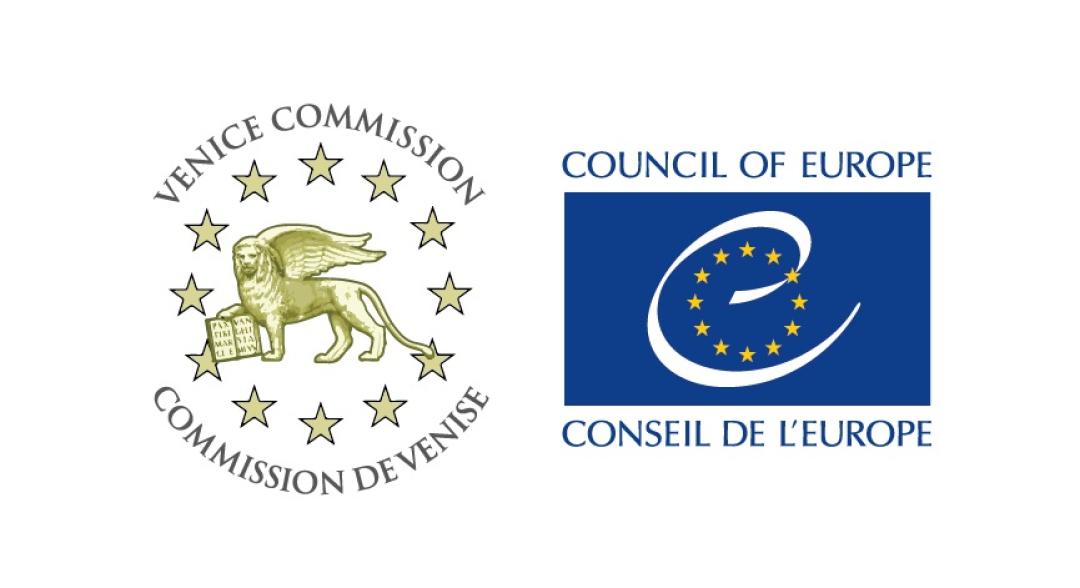
Venice Commission report on electoral code changes in Georgia

On 19 June, the Venice Commission and the Office for Democratic Institutions and Human Rights at the Organization for Security and Co-operation in Europe (ODIHR) advised the Georgian authorities to use a “more holistic approach” and less frequent changes to Georgian election code in their urgent opinion document.
The joint paper includes several recommendations for amending the electoral bill that followed the agreement between the government and some opposition parties in April. The move broke a political deadlock in the country following opposition parties' boycott of the parliament after the 31 October 2020 elections. The Venice Commission/ODIHR opinion paper offered advice on composition of election administration, frequency of changes to the electoral legislation and more, while acknowledging that draft amendments to the code were made in “close cooperation between the ruling party and several opposition parties,” a fact “particularly noteworthy” considering the boycott.
In particular the commission issued the following key recommendations: 1) to consider introducing a qualified parliamentary majority vote or a double majority requirement (requiring a majority among MPs both of the ruling parties and the opposition parties) for the election of the chairperson and non-partisan members of the Central Election Commission (CEC), with a final anti-deadlock mechanism; 2) to remove the specific restrictions of the right for a party to appoint a member to the CEC under draft Article 13(1)b) and c), i.e. the conditions that the party is entitled to state funding and that at least one of the party members actually “carries out activities of the member of the Parliament” thus excluding parties boycotting Parliament; 3) to further amend the draft provisions on the selection process of members of District Election Commissions (DECs) and Precinct Election Commissions (PECs), so as to ensure, inter alia, a transparent, genuinely merit-based process for the appointment of non-partisan members as well as the right for a party to appoint a member to an election commission; and 4) to clearly set out in the law on what grounds the removal of party-nominated election commission members may be based.
In addition, the commission issued the following recommendations: 1) to prohibit the presence of partisan representatives and campaign activity in the areas around polling stations on election day; 2) to adopt a comprehensive regulatory framework that specifies clear and objective criteria for granting and conducting recounts and annulments of the votes; 3) to facilitate the timely handling of election disputes in the courts by allowing electronic submission of complaints to the courts; 4) to further extend the timeframes for submission and adjudication of appeals; and 5) to establish a detailed and comprehensive regulatory framework for the use of new voting technologies.
Finally, the revised draft amendments contained several new elements which warrant further revision, including: 1) the significant reduction of the period between different rounds of voting on candidates for non-partisan members of the CEC, from four weeks to one; 2) to reconsider the transitional provisions of draft Article 196(20) and (22) of the Election Code and of Article 2(2) and (4) of the amendment bill, concerning the parties’ right to appoint CEC members; 3) to regulate more closely the composition and functions of the CEC consultation group; 4) to significantly increase the DEC and PEC non-partisan members; and 5) that the right to submit complaints to election commissions should not be limited to persons registered in an electronic registry of persons authorised for election disputes.
Underscoring the importance of stability in electoral law as a “precondition to public trust in electoral processes,” the paper noted that the timing for the reforming of the legislation in Georgia was “not ideal” given the proximity of the next local elections in October 2021. It also raised the issue of frequent amends to electoral legislation, a process that “risks undermining the integrity of the electoral process and ongoing efforts to consolidate democracy.” However, the opinion underscored that the “broad political consensus” in Georgia on carrying out the reforms makes the current process “acceptable,” noting that changes to the code can only be facilitated through “dialogue amongst all the stakeholders.”
The US ambassador to Georgia Kelly Degnan also spoke on the recommendation of the Venice Commission. “The Venice Commission is a highly respected organisation. It takes its work very seriously. It is important that the parliament sent the draft legislation to the Venice Commission for review, and it is also important that the parliament now incorporates the recommendations that were provided yesterday. The recommendations indicated that the key aspects were not included in the draft and need to be incorporated. I sincerely hope that the parliament will use the remaining few days of this session to incorporate those key recommendations that the Venice Commission has identified as well as other Venice Commission recommendations that are outstanding regarding the important electoral reform. This is what Georgians need to see when they go to the polls in October that their electoral system has been meaningfully improved so that they have full confidence in the outcome of the election results,” she stated.
The Chairman of the ruling Georgian Dream Party Irakli Kobahidze stated that the Venice Commission opinion paper over Georgian Election Code reform mainly implied technical notes. “We did not fancy certain points in the paper, nor the opposition, but overall, many recommendations will be considered,” he stated.
See Also


Simonyan: “Armenia Should Trade with Turkey and Azerbaijan Instead of Closing Borders”

Mirzoyan Meets US Deputy Assistant Secretary Joshua Huck

Azerbaijani President Holds Talks with UAE and German Business Delegations on Economic Cooperation

Grigoryan Confirms Armenia’s Readiness to Dissolve OSCE Minsk Group Upon Peace Treaty Signing

